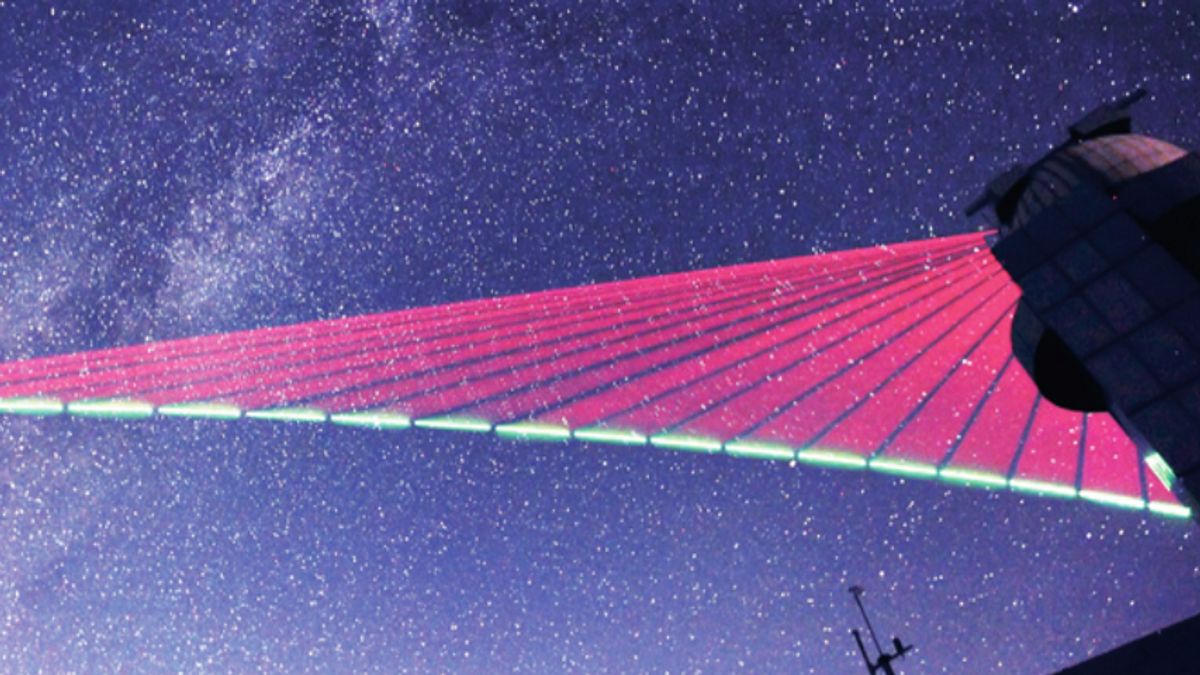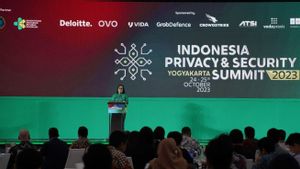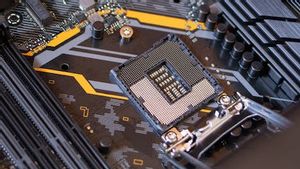JAKARTA - China launched Micius, their first quantum communications satellite, in 2016. Micius' success apparently made China even more eager to move far away.
China has been working on Micius' continued mission quietly. Its developer, the Chinese Academy of Sciences (CAS), is trying to make a more up-to-date and challenging quantum satellite.
One of the CAS members, Wang Jianyu, said that the construction of this latest quantum satellite leads to future development. They want to create a quantum key satellite that will be launched into the Low Earth Orbit (LEO).
In addition, in theSpace report, the satellite, dubbed the Quality Key Distribution (QKD), will become an experimental platform for quantum science with a middle to high level.
BACA JUGA:
The QKD satellite has an individually generated photon source. A number of these photons will be divided into several review processes and will be used to represent quantum information.
Interestingly, this satellite is capable of producing a random but binding photon pair. With this capability, QKD can create secret keys that are distributed to two stations on earth separately.
If this feature is successfully developed, stations on earth and quantum satellites in orbit are able to communicate. In addition, both parties can encrypt and descript data using the key of quantum property.
The English, Chinese, Japanese, Arabic, and French versions are automatically generated by the AI. So there may still be inaccuracies in translating, please always see Indonesian as our main language. (system supported by DigitalSiber.id)


















